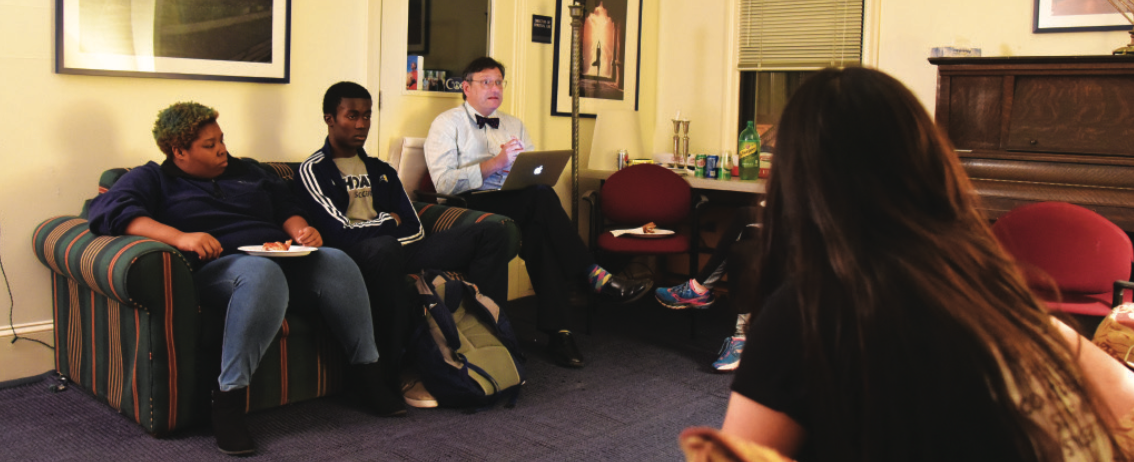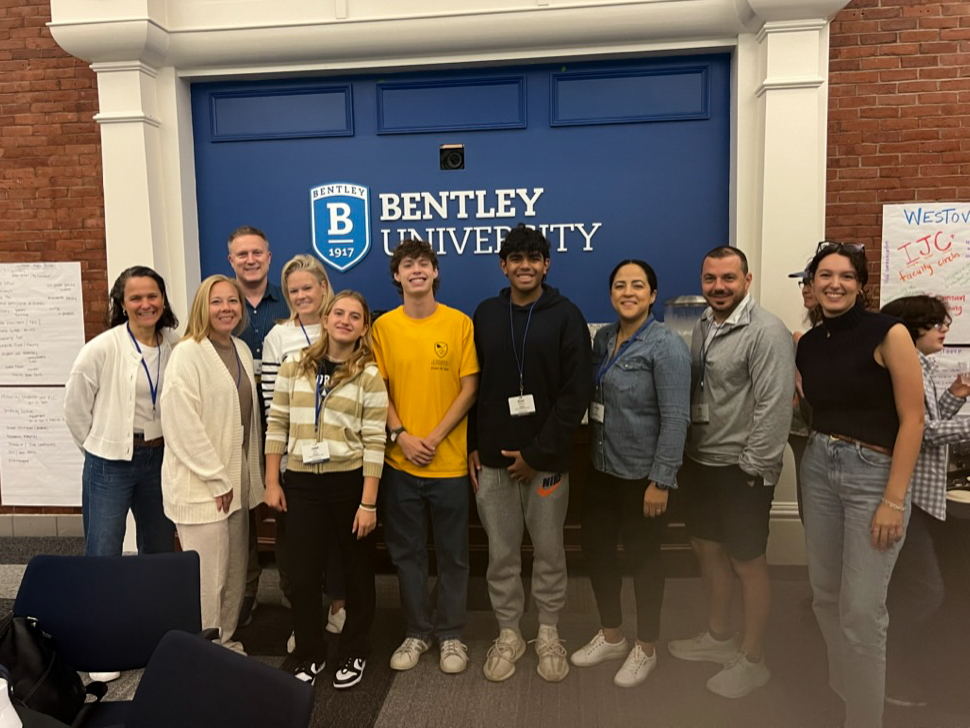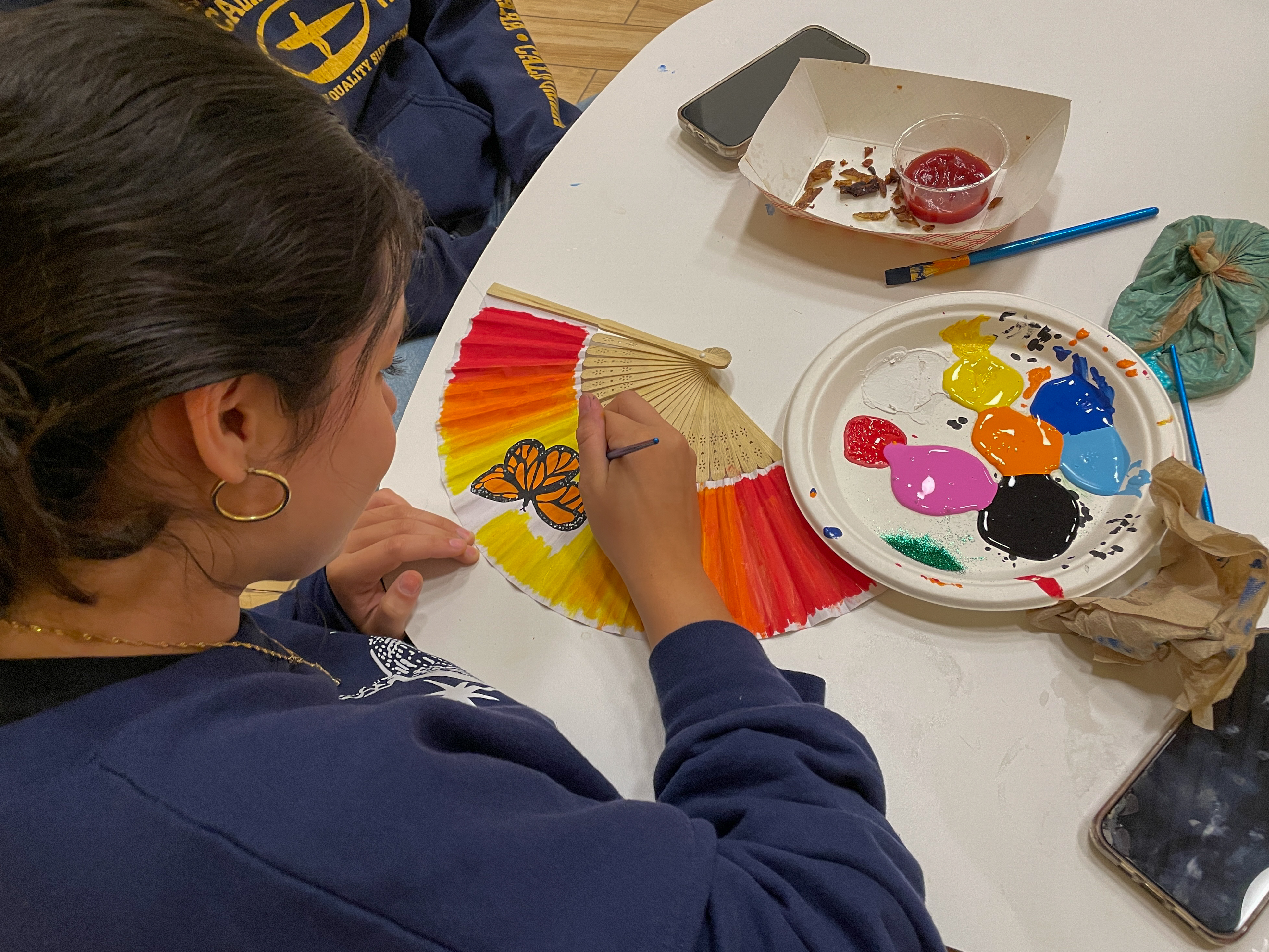From long wait times to inefficient practices, many students have complaints about the health center. To address these concerns, student leaders Elena Turner ’17 and Audrey Sze ’17 spearheaded an initiative to create a health center committee, Student Health Advisory Council (SHAC), to address student concerns with the health center.
SHAC aims to bridge the student body and health center. Elizabeth Wilson ’18, a member of SHAC, explained, “SHAC will deal with student concerns about the health center. Their concerns or interests will be brought to attention so that we can appropriately deal with them and any other conflicts.”
Director of Health Services Dr. Christopher Diamond had pictured this committee before coming to Choate, and he had a key role in organizing its creation. He wanted to bring to Choate the concept of a Health Center Committee, which existed at Central State Connecticut University, where he previously worked. The concept of the Student Health Advisory council at Central State Connecticut University is to make sure that what is done in the health center fits students’ needs. Dr. Diamond said, “One of the first things I wanted to try to put together was not only the idea of figuring out how to get input from students both on how we are doing and whether what we are doing is meeting students’ needs, but also how to better communicate to students what we are doing. So the idea was to create a process where there was back-and-forth communication.”
Dr. Diamond believes that it is important for members of the Health Center Committee to be able to review some of the changes to the health service policies or regulations in order to get some perspective from students. He said, “We still have legal and medical obligations that we have to follow, but there is still a lot of room to get input from students on how things are handling and should be changed or improved. It is important to have student voices and language involved.”
Several members of the committee had the idea that students with ongoing chronic medical conditions might find it beneficial to have a support group. Turner said, “I know from experience how emotionally exhausting it must have been to watch someone so close to you go through a difficult time.” She continued, “Two years ago, my best friend struggled with suicidal thoughts, but no one gave him the support he needed.”
Dr. Diamond said, “We continue to work on providing what we think is high quality care. The Student Health Committee can’t change how we practice because that is medical expertise or counseling expertise, but they can change the setting or help us provide that care in a more student- centered way.”
This committee is for interested and active students. Turner estimates that around 30 students are current members of the committee. Zachary Mothner ’18, a member of SHAC, said, “We’re hoping to hear even more student input about experiences with health services. I think it’s really important to have a group connecting the students with the health services available on campus. After all, we’re the ones living with it, so if we have problems or even suggestions, we should be able to voice those.”
Wilson said, “I think this committee has been needed for a long time. There have been many concerns–not stigmas, but false impressions of the health center and the way they actually handle certain cases, and I think this committee will help to lessen the false impressions and make the health center seem like a more viable option for students on campus.” Turner also believes that the committee will help improve the health center’s reputation among students.
SHAC hosted two meetings this term, during which it discussed the areas in which the health center could see improvements and the issues of how the health center approaches giving health care relating to mental and sexual health on campus. Wilson elaborated, “A lot of what we have been talking about is having a sleep room or a model in which if you had a lot of work and couldn’t get enough sleep the night before, you can come in three times a term and get an hour of sleep.” Wilson added, “We also talked about having more people and more diversity on the counseling staff, since those are the two things the student body has really been pushing for.”
The selectiveness of this committee will be determined as the committee progresses. Dr. Diamond explained, “If it ends up being a much more intensive kind of group where they will be working with other students, then it will require some selective training. If it is going to be a more informal council or guidance group, then not every aspect of it will be required. And I would like to see a stirring committee, active membership, and how it develops.”
The committee is intended to serve as a liaison that will improve transparency and communication between students and the health center. “The Student Health Committee is looking at improving the quality of experience for our student body,” said Dr. Diamond. Turner said, “I think that this committee can have a lot of potential, and I am really excited to make a difference.”





